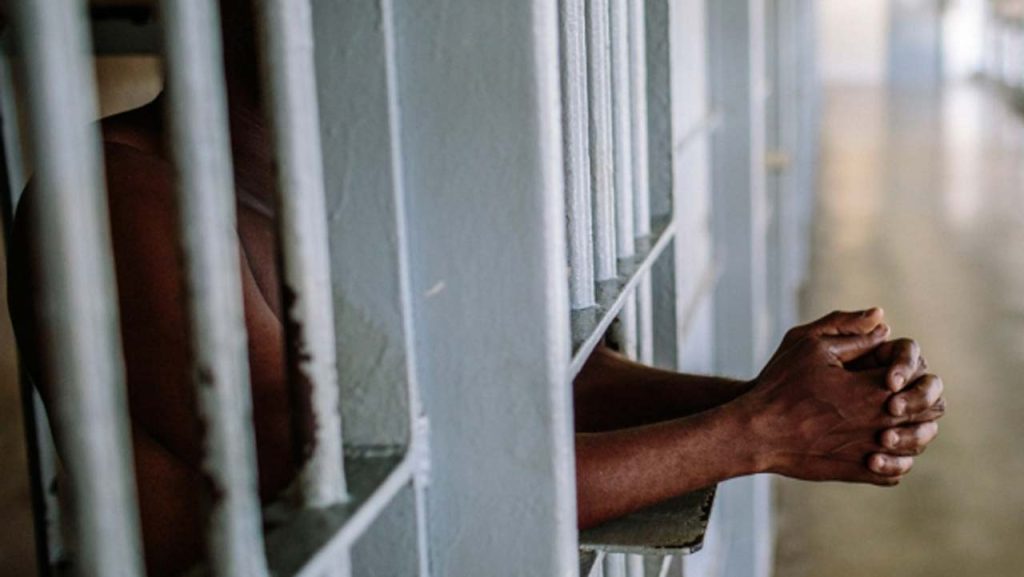The Federal Government has commenced vocational training to empower inmates in Nigeria’s 241 correctional facilities and prepare them for life after incarceration.
This was disclosed at a press conference in Abuja on Wednesday by the Senior Special Adviser to the President on Technical, Vocational and Entrepreneurship Education, Abiola Arogundade.
Arogundade, who said President Bola Tinubu is concerned about the reintegration of the inmates into the society, added that each beneficiary will get a grant of N500,000 once they complete the skills acquisition programme.
The Nigerian Correctional Service has a total of 241 custodial facilities, 85 satellite custodial centres, 15 farm centres, two custodial open camps, four institutions, seven training schools and non-custodial services across the country.
But the presidential aide insisted that only 500 inmates from each facility will be considered after the official take-off of the pilot scheme in Kuje Centre, which currently has a capacity of 723 inmates.
She said, “We launched the scheme in Kuje after we took a few members to do an audit on the needs of the inmates. Every single person we train there is also going to be certified. We are partnering with global bodies to ensure any skill you acquire in Nigeria will be recognised worldwide.
“At the end of their prison term and our training, we give them N500,000 to set up their business so they don’t become second-time offenders after leaving the correctional centred. This scheme is ongoing.
“After Kuje Correctional Centre, we are moving to Suleja. We are going to try and duplicate this intervention in all our correctional facilities. We are also working with the Bank of Industry. For instance, we will train the beneficiaries on how to have the best skills in hairdressing in a kiosk they can also use for POS and other business ventures.
“We are partnering with banks. They will supply the POS in a place where people can also come in to charge phones. We are using that as a multi-purpose intervention for three streams of income after we train and certify them.
“In the correctional centre in Kuje, they have already started things like fashion designs where they are using modern equipment. We are going to donate more state-of-the-art sewing machines. They complained a lot about computers hence we will be donating laptops. We have different modules for training. Some are for six months of training while others are for nine months.”
Continuing, Arogundade identified some of the available vocational skills as fashion design, computer training, hairmaking, fish farming, soap making and poultry business.
While stressing that the targets are those who have few months left on their sentences, she disclosed that the programme was modelled after a similar scheme being run successfully in Norwegian prisons.
“Our target is to start with people closer to the end of their sentence so that as you regain your freedom, you leave with the skills and the N500,000 grant. We have looked at some case studies in other countries, like the Norwegian prisons to see what they did because they have a very low second time offenders rate. So we have been working with that very closely.
“Although in Kuje, there are 723 inmates, we would like to train a minimum of 500. The reason is that we cannot compel them so it doesn’t look like conscription into the military. That’s what the President stands for. He wants to carry everybody along. So we talked to them and handed out questionnaires because some will tell you they don’t want to be trained,” she stated.
Source: The Punch
